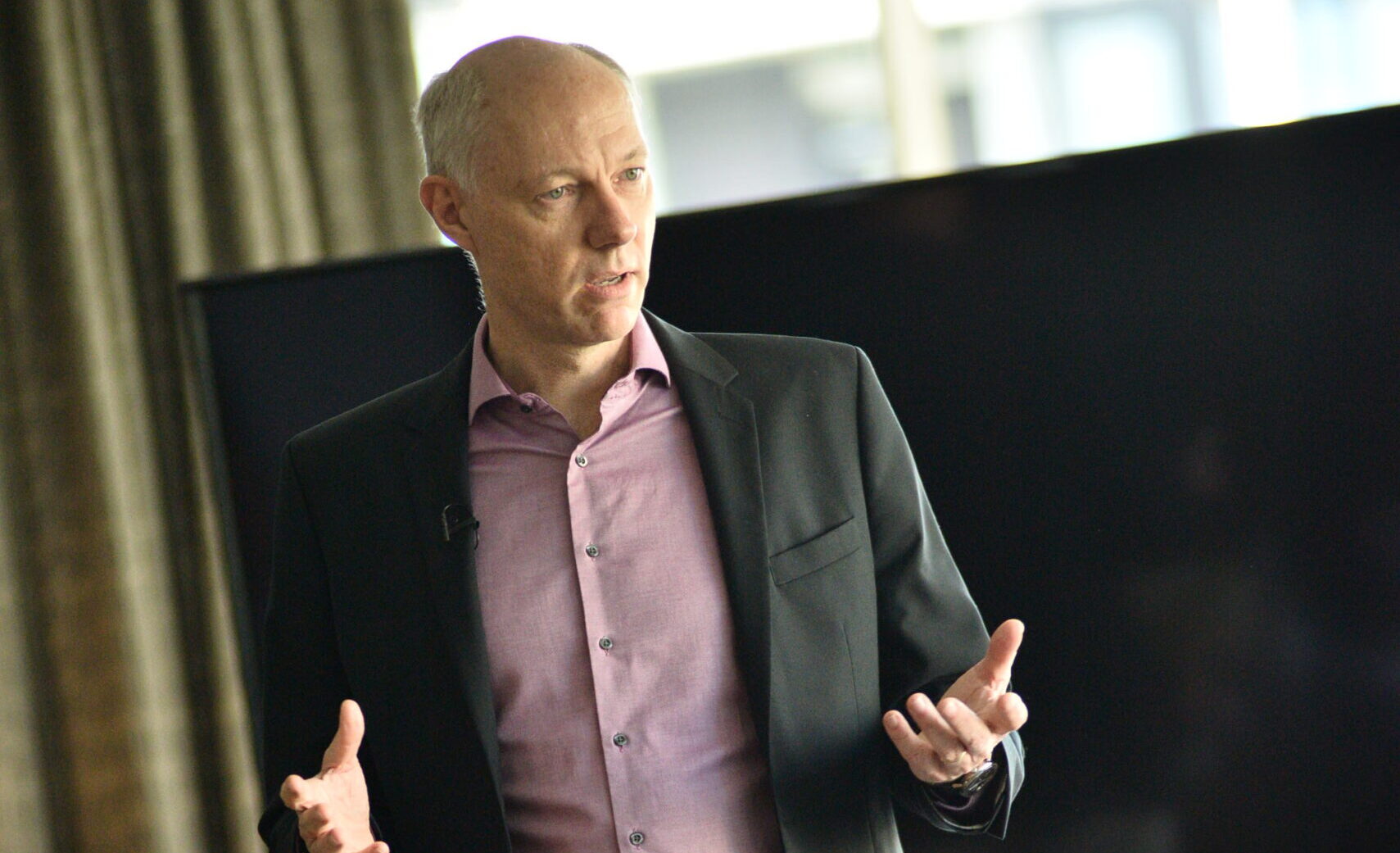Marcus Remmers, a partner of the Planetary Health Investments team of Novo Holdings, the controlling shareholder of Novo Nordisk, is an investment veteran with over 25 years of leadership experience.
Previously the Chief Technology Officer at Royal DSM, Remmers now focuses on accelerating investments in green transitions, food and health technology.
It’s a broad church, he acknowledges. “The challenges we face—and that we at Novo Holdings want to help address—are too large for any single institution to solve alone,” he says.
CPH Post: Everyone in this country and beyond is asking what Novo Holdings will do. So what will Novo Holdings do?
MR: I’m part of the Planetary Health Investments team, where we invest in food tech, health tech, materials circularity, energy, and water. These are areas we’re really excited about, and we plan to increase our current investments.
Overall, what you could call the green transition is something we’re very enthusiastic about.
CPH Post: Which markets are you looking to invest in?
MR: We are investing globally. We have offices in the USA, Asia, and Europe, and we seek out the best opportunities in these regions.
CPH Post: What are the most promising sectors in the medium and long term?
MR: In our space, we look at anything where biology at scale can make a difference. Biology is a very powerful force; take fermentation, for example—there’s a lot you can do in terms of ingredients, proteins, and materials.
We’re also exploring areas like building materials; one of our investments is in a company called Biomason, which develops bioconcrete. We are looking at various sectors and are especially excited about technologies that leverage biology.
Circularity is another key focus area, where we’re interested in transforming waste into products that reduce resource requirements. Recently, we invested in a company called Circtech, which turns end-of-life car tires into components for new tires and shipping fuels.
CPH Post: What challenges do you identify as the biggest for our society?
MR: We take a systems view. Urbanization is a significant challenge, and addressing how we build sustainably is crucial. Climate change is another major issue, and we’re focusing on both emission mitigation and adaptation strategies.
Lastly, there’s the matter of food and agriculture, where sustainable solutions are desperately needed.
CPH Post: What role do public-private partnerships play in your strategy?
MR: The challenges we face—and that we at Novo Holdings want to help address—are too large for any single institution to solve alone. While we have significant resources, partnering with other investors, public actors, academia, and accelerators is essential.
We need to bring technologies to a stage where they can make a real impact. Customer needs must also be central to this equation; it’s about solving relevant issues for them.
CPH POST: What about international talents?
MR: Denmark has a great education system and a fantastic talent pool that fits well into big biotech companies, which is also evident in startups. There aren’t many regions in the world with such a strong talent base. The universities and the ecosystem here, like what we see at TECHBBQ, make it an attractive place for people from diverse backgrounds.
CPH Post: How do you plan to solidify what has been done so far?
MR: We feel a responsibility to use our resources in the right way. We aim to be the best investors by working closely with our portfolio companies and engaging with them to grow successfully. This approach is the best strategy for being both sustainable and successful.
We don’t see ourselves as merely owners of companies; rather, we’re an organization that provides services—not just capital, but also knowledge, experience, and a network—to support their growth.















